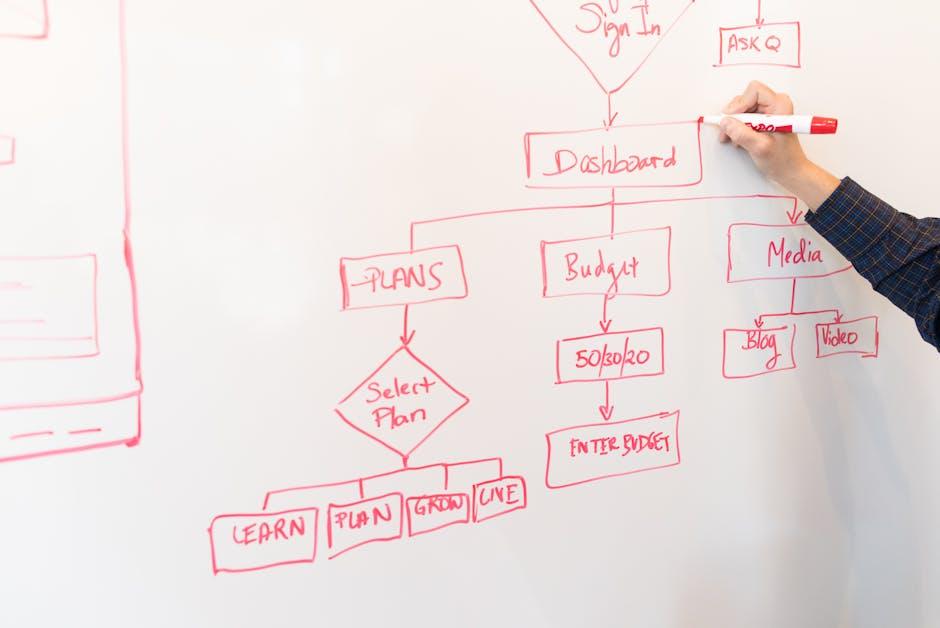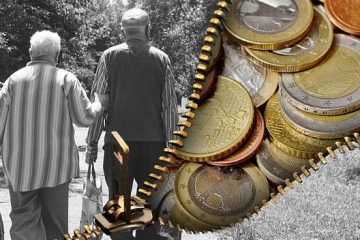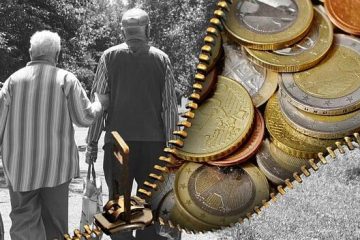As we navigate the complexities of life, planning for the future takes on a profound significance, even in moments we earnestly hope won’t arrive. The notion of a pension after death evokes contemplation on legacy and afterlife financial matters. In this article, we delve into the intriguing realm of posthumous pensions, shedding light on what happens to pension benefits when one departs from this world. Let’s unravel this enigmatic thread of financial foresight and provide insight into a topic that encompasses both the practical and the poignant.
Table of Contents
- Understanding the Legal Aspects of Pension After Death
- Navigating the Process of Claiming a Deceased Loved One’s Pension
- Maximizing Pension Benefits for Surviving Family Members
- Seeking Professional Guidance for Ensuring a Smooth Transition in Pension Matters
- Q&A
- In Conclusion
Understanding the Legal Aspects of Pension After Death
In the realm of posthumous pension considerations, various legal facets come into play to ensure a smooth transition of benefits and rights. Navigating the legal landscape following the passing of a loved one can be daunting, but understanding the intricacies of pension arrangements is crucial. Whether it involves deciphering entitlements, beneficiary designations, or taxation implications, being well-versed in the legal aspects surrounding pensions after death is paramount.
One crucial aspect to consider is the importance of updating beneficiaries on pension plans to reflect current wishes and circumstances. This proactive measure can help avoid complications or disputes down the line, ensuring that intended recipients benefit seamlessly. Furthermore, familiarizing oneself with the laws governing pension distributions post-mortem can shed light on the rights and responsibilities of all involved parties, fostering clarity and compliance in this sensitive process. Below is a brief overview table of key legal considerations in posthumous pension management:
| Legal Considerations | Brief Description |
|---|---|
| Beneficiary Updates | Ensure up-to-date designation of recipients |
| Tax Implications | Understand tax treatment of pension benefits |
| Distribution Laws | Comprehend regulations governing benefit allocation |
By grasping these legal tenets, individuals can better equip themselves to navigate the complexities of pension arrangements after a loved one’s passing.

Navigating the Process of Claiming a Deceased Loved One’s Pension
can be overwhelming, but understanding the necessary steps can offer clarity during this challenging time. Firstly, it is essential to gather all the required documentation, including the death certificate, the deceased’s social security number, and any paperwork related to the pension plan. Next, contacting the pension provider to inform them of the death and inquire about the process is crucial. Each provider may have specific requirements, so staying organized and following their instructions closely is key to a smooth claim process.
Once you have submitted all the necessary documents, the pension provider will evaluate the claim and determine the eligibility for any benefits. This evaluation process may take some time, so it’s important to be patient while awaiting a response. Additionally, staying in communication with the provider to address any questions or provide additional information promptly can help expedite the process. Remember, each pension plan has its unique rules and regulations, so seeking guidance from a financial advisor or legal professional can also provide valuable support during this process. By approaching the task methodically and seeking assistance when needed, you can navigate the complexities of claiming a deceased loved one’s pension with greater ease and peace of mind.

Maximizing Pension Benefits for Surviving Family Members
In the event of a loved one’s passing, understanding the intricacies of pension benefits can provide much-needed support for the surviving family members. One way to ensure financial stability for the future is by exploring the options available through pension plans. By taking proactive steps and staying informed, families can navigate this challenging time with greater ease.
Here are some key strategies to consider for :
- Review the Pension Plan: Familiarize yourself with the specific details of the deceased’s pension plan to determine eligibility and potential benefits.
- Seek Professional Guidance: Consulting with financial advisors or legal experts can offer valuable insights into optimizing pension benefits.
- Update Beneficiary Information: Ensure that beneficiary designations are current and accurately reflect the intended recipients.
- Explore Survivor Benefits: Investigate the availability of survivor benefits within the pension plan to secure ongoing support.
| Pension Benefit Options | Description |
|---|---|
| Lump-Sum Payment | Immediate one-time payment |
| Monthly Pension | Regular monthly income |
When exploring pension matters after death, it’s crucial to consider the following key aspects that professional guidance can address:
- Beneficiary Designations: Ensuring beneficiaries are correctly designated and updated.
- Tax Implications: Understanding tax implications for beneficiaries.
- Asset Distribution: Facilitating a smooth distribution of pension assets to intended recipients.
With the right expertise by your side, the complexities surrounding pension matters can be simplified, allowing for a more efficient and secure transition process.
Q&A
Q&A: Understanding Pension After Death
Q: What happens to a pension after someone passes away?
A: When an individual with a pension plan dies, the fate of the pension depends on various factors such as the type of pension, beneficiaries listed, and specific plan rules.
Q: Can a spouse inherit the pension after the death of their partner?
A: In many cases, a spouse can inherit the pension of their deceased partner. This may vary depending on the pension scheme and any specific beneficiary designations made by the deceased.
Q: What options do beneficiaries have regarding the inherited pension?
A: Beneficiaries typically have various choices when it comes to inherited pensions. They may opt for a lump sum payment, set up a beneficiary drawdown or annuity, or choose to leave the pension invested.
Q: How are taxes handled on inherited pensions?
A: Taxes on inherited pensions can be complex and depend on factors such as the age of the deceased at the time of death, the beneficiary’s age, and the pension type. It’s advisable to seek advice from a financial advisor or tax professional in such cases.
Q: What steps should one take to ensure their pension is handled as per their wishes after their demise?
A: To ensure that your pension is distributed according to your wishes, it’s essential to regularly review and update your beneficiary designations, communicate your preferences to your loved ones, and keep important documents organized and easily accessible.
In Conclusion
As we conclude our exploration of pensions after death, may you find solace in the knowledge that proper planning today can pave the way for a secure tomorrow for your loved ones. Remember, preparing for the unexpected is a gift of reassurance you can give to those you hold dear. Stay informed, stay empowered, and may your financial future be as bright as your legacy. Thank you for joining us on this insightful journey. Embrace the present, plan for the future, and cherish the moments that truly matter. Here’s to a life well-lived and a legacy well-preserved.




0 Comments